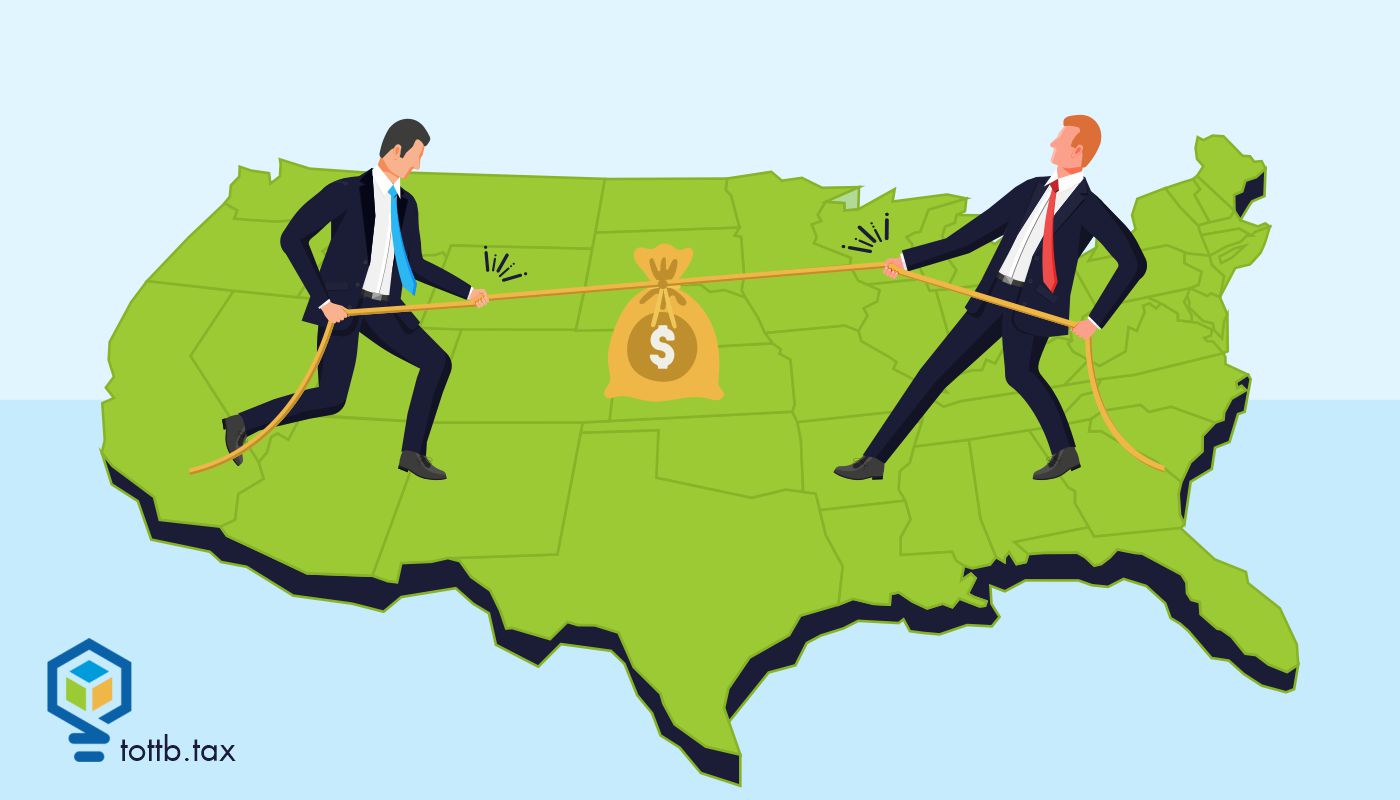Question: I have a fully depreciated rental property that I purchased more than 40 years ago. What are some tax planning strategies I should consider?
Answer: Congratulations! You defied the odds and the thousands of advertisements claiming that real estate investing is an easy way to get rich. But now that your precious “paper losses” a.k.a. depreciation is long gone, it’s time to search for a new way to create tax advantaged income.
There are some fun ways to “re-depreciate” your investment again, and even put some of those carryovers to use. But before jumping into tax, let’s also consider your investment returns since you achieved this milestone.
One issue I see many real estate investors face is that they tend to be short-sighted with their goals. You might, initially, have a goal to get rental income sufficient to cover your mortgage payments. You might have a longer-term goal of eventually having rental income pay off your mortgage. Often, when either of these events occur, I notice some investors sit back to enjoy their success.
While success specifically means something different for everyone, from a wealth and tax perspective it is important to also evaluate your choices and returns on your investment.
Examining the cash-on-cash return on investment is especially important for real estate investors who may not consider more than their initial down payment as their own investment.
In addition, identifying loopholes which allow you to re-depreciate your property can also create significant tax benefits you cannot afford to miss.
Keep reading to learn more…







